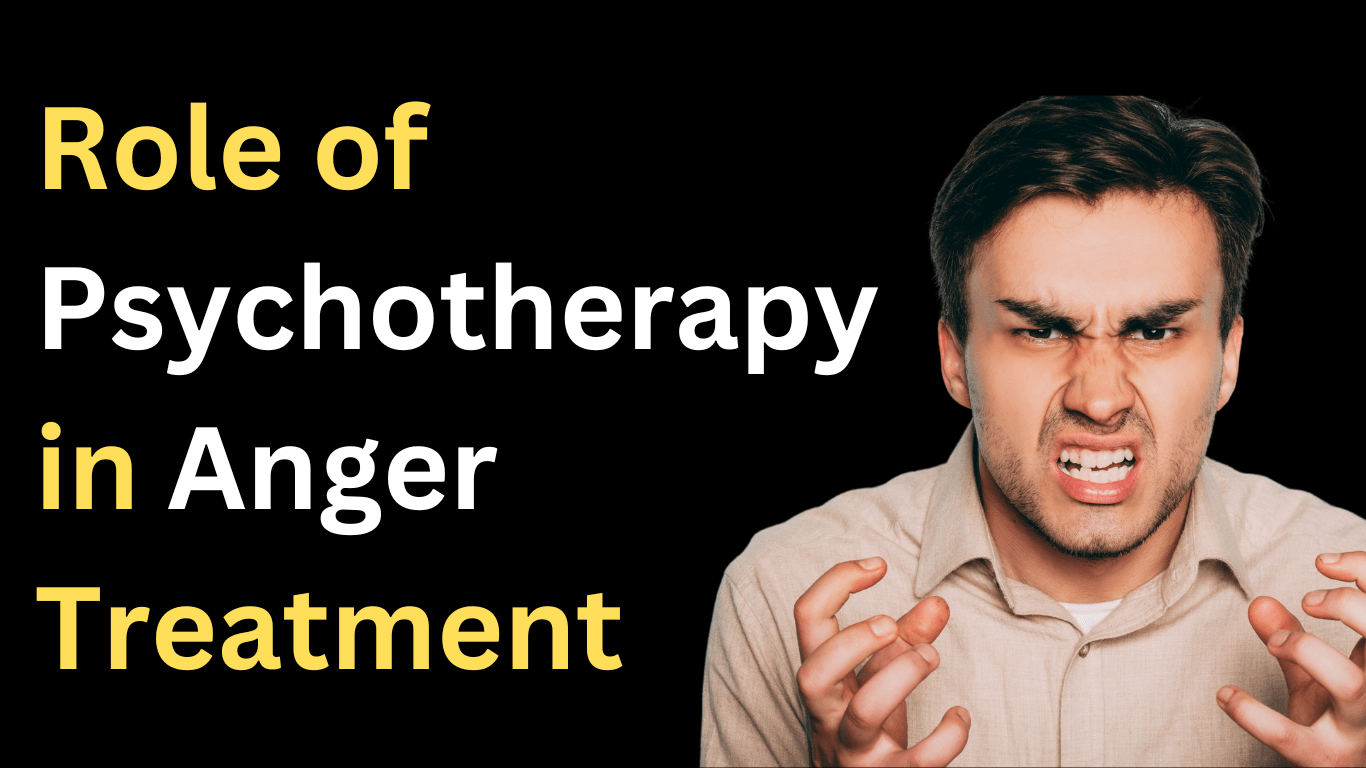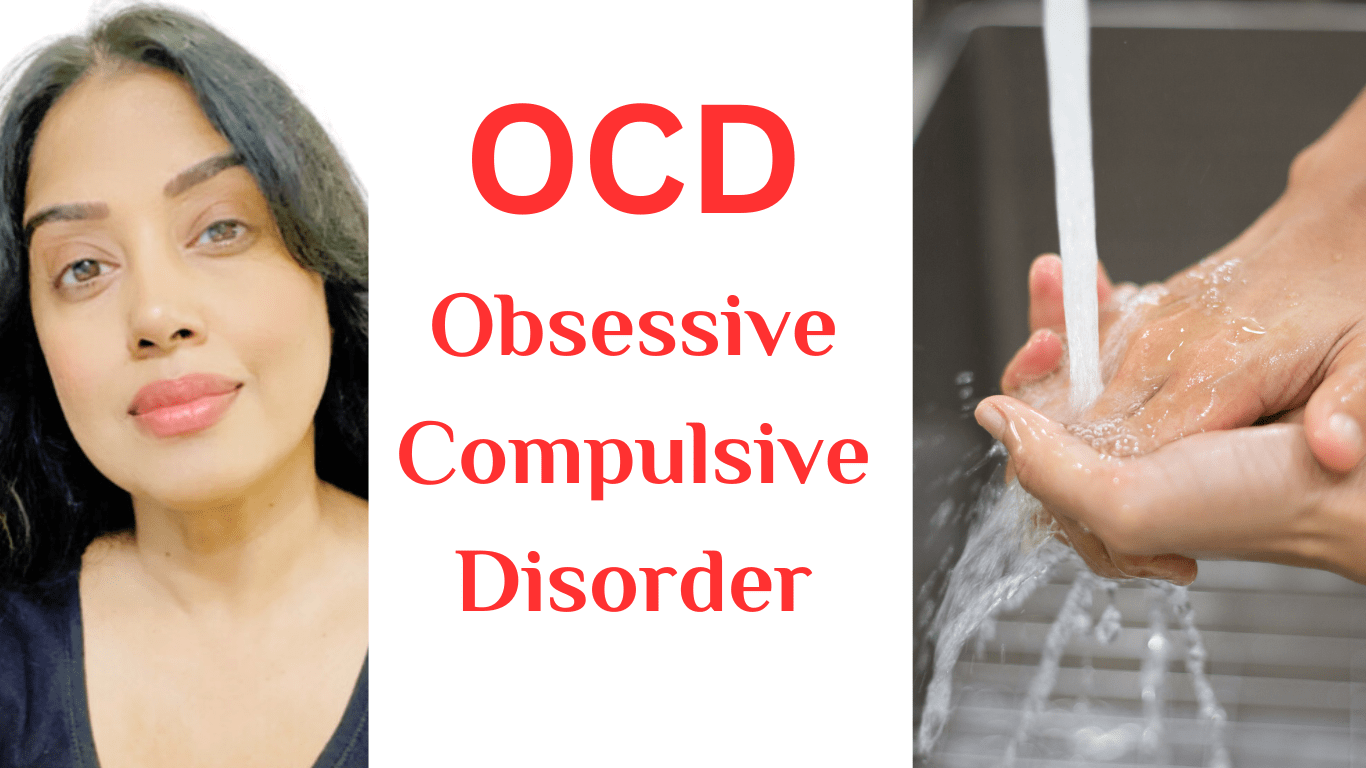Role of Psychotherapy in Anger Treatment

Psychotherapy plays a crucial role in helping individuals manage and address anger-related issues. Anger management therapy, a specific type of psychotherapy, can be highly effective in helping people understand the underlying causes of their anger, develop healthier coping strategies, and improve their emotional regulation. Here’s how psychotherapy can be beneficial in addressing anger:
- Identification of Triggers: In therapy, individuals can work with a trained therapist to identify specific triggers or situations that lead to anger. This process helps individuals gain insight into the root causes of their anger and understand why they react the way they do in certain circumstances.
- Emotional Awareness: Therapy provides a safe and non-judgmental space for individuals to explore their emotions, including anger. Clients can learn to become more aware of their emotional states and the physical sensations associated with anger, which is a crucial first step in managing it effectively.
- Cognitive Restructuring: Therapists can help individuals challenge and reframe negative thought patterns and irrational beliefs that contribute to excessive anger. By changing the way they think about situations and events, individuals can alter their emotional responses.
- Skill Development: Anger management therapy teaches individuals practical skills and strategies for managing their anger. This may include techniques for relaxation, deep breathing, mindfulness, and stress reduction.
- Communication Skills: Effective communication is a key component of anger management. Therapists can help individuals improve their communication skills, including assertiveness, active listening, and conflict resolution, which can prevent misunderstandings and reduce anger-provoking situations.
- Problem-Solving: Therapy can assist individuals in developing problem-solving skills to address the underlying issues or stressors that contribute to their anger. This can involve identifying solutions, setting realistic goals, and implementing action plans.
- Exploration of Underlying Issues: Sometimes, anger can be a manifestation of deeper emotional issues, such as unresolved trauma, past experiences, or unmet needs. Psychotherapy provides a safe environment to explore and address these underlying issues.
- Relapse Prevention: In therapy, individuals can develop relapse prevention strategies to help them maintain their progress and prevent a return to uncontrolled anger in the future.
- Strengthening Coping Mechanisms: Therapy helps individuals build healthier coping mechanisms to deal with stress and emotional challenges, reducing their reliance on anger as a coping strategy.
- Support and Accountability: A therapist provides support, guidance, and accountability throughout the process of anger management. They can help individuals track their progress, set goals, and make adjustments to their treatment plan as needed.
Psychotherapy for anger management can take various forms, including individual therapy, group therapy, or even family therapy if anger issues are affecting relationships. The specific approach and techniques used will depend on the individual’s needs and the therapist’s expertise.
It’s important to note that anger management therapy is not about eliminating anger entirely but about helping individuals recognize and manage their anger in healthy, constructive ways. With the guidance of a skilled therapist, individuals can develop the tools and skills needed to reduce the negative impact of anger on their lives and relationships.



